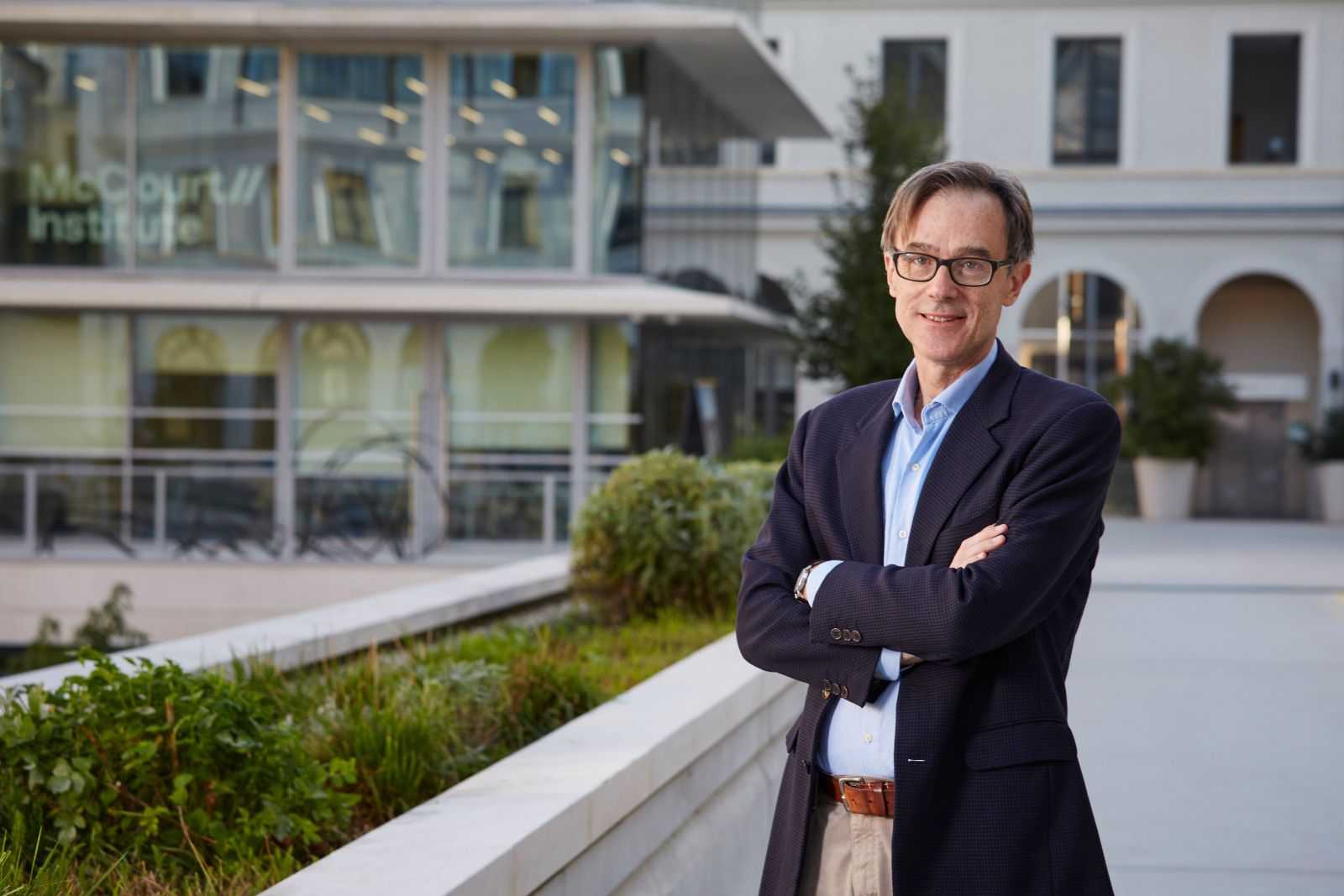Home>Federico Varese wins top award from the American Society of Criminology

16.05.2024
Federico Varese wins top award from the American Society of Criminology
The American Society of Criminology has selected Federico Varese, Professor of sociology at the CEE, as the 2024 recipient of the Thorsten Sellin, Sheldon and Eleanor Glueck Award in recognition of his “outstanding contributions to the field of criminology”.
Now in its 50th year, the Sellin-Glueck Award is the highest honour awarded by the American Society of Criminology to scholars from outside the USA. It calls attention to criminological scholarship that considers problems of crime and justice as they are manifested outside the United States, internationally or comparatively.
A specialist of organised crime, Federico Varese has written on the Russian mafia, Soviet criminal history, migration of mafia groups, Somali piracy, the dynamics of altruistic behaviour, and the application of Social Network Analysis to criminology. He is currently leading a large-scale, ERC-funded research project (CRIMGOV, 2021-2026) in which he focuses on the governance dimension of gangs in the UK, cybercrime markets, drug trade from Columbia to Europe and criminal organisations inside and outside prisons of former Soviet Union countries. The latest paper from the project established a first of its kind World Cybercrime Index.
He is the author of four monographs – The Russian Mafia (OUP, 2001), Mafias on the Move (PUP, 2011), Mafia Life (2018) and Russia in Four Criminals (2024, Polity) – and the editor of a four-volume collection, Organized Crime (Routledge, 2010). His books have been translated into eight different languages and praised by John Le Carré. Varese has published extensively in academic journals and is a past editor of the journal Global Crime.
Federico Varese will travel to San Francisco to receive the prize during the American Society of Criminology Annual Meeting, on November 13.